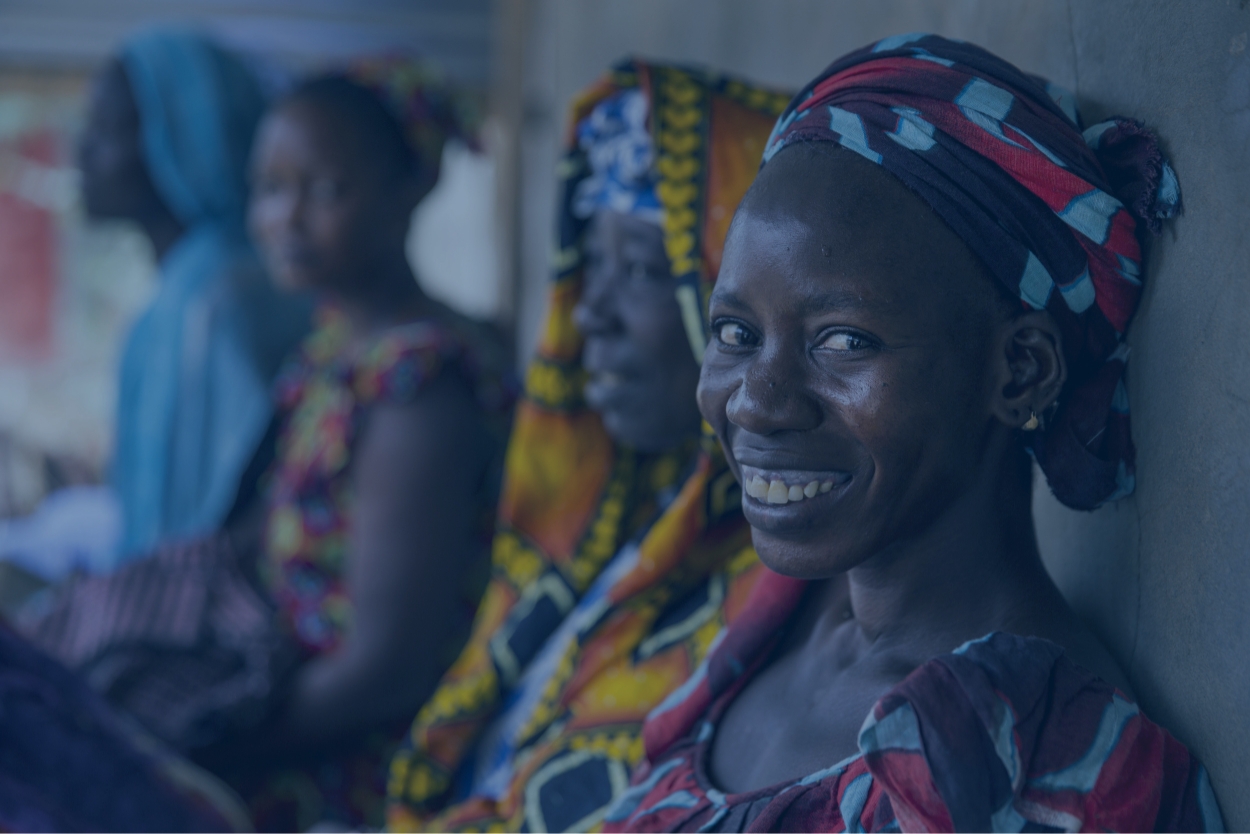Rural women, in all their diversity, play vital roles in agriculture, food security and nutrition, land and natural resource management, and in paid and unpaid work around the world. They have been on the frontlines of response to the COVID-19 pandemic, and continue to lead solutions and solidarity in rural areas.
In India, millions of rural women in self-help groups are filling acute shortages and gaps by producing masks and hand sanitizers, providing fresh food through community kitchens, and offering financial services in rural communities. In Morocco, faced with market closures, women-led cooperatives are taking advantage of online platforms to sell their goods. Rural and indigenous women in Guatemala, Nepal, and Kyrgyzstan are producing masks as a community service and to earn an income, and sharing health information, preventative measures, and essential goods through the Rural Women’s Economic Empowerment joint programme run by FAO, IFAD, UN Women, and WFP. In Tanzania’s tea plantation region, the Mufindi Women’s Network is raising awareness about the shadow pandemic of gender-based violence that has spiked amidst mobility restrictions and lockdowns. And indigenous women in rural Colombia are taking on leadership roles in their communities to help prevent gender-based violence in border areas, with support from UN Women, UNICEF, and UNHCR.
The stories of rural women as agents of change and creative, knowledgeable responders to local crises speak to their strength and resilience, something which is critical to building the peaceful, prosperous, and sustainable societies we need.
Yet, while we celebrate these success stories, we cannot lose sight of the multiple and intersecting forms of discrimination and marginalization that rural women continue to face. Discriminatory gender norms, limited access to essential and legal services, and greater constraints in accessing productive resources, markets, and financial assets, have denied rural women vital rights and opportunities.[1] Even prior to the pandemic, globally women did on average more than three times the unpaid care and domestic work as men. The lack of infrastructure and insufficient access to clean and safe water, sanitation and energy in rural areas only increases this burden for women and girls.[2] The gender digital divide in rural areas[3] has also magnified women’s and girls’ marginalization by limiting their access to distance education, essential services, digital finance, and life-saving information[4] during the crisis.

China: As the COVID-19 pandemic spread through China, rural women farmers volunteered to stop the spread. In the rural village of Xiaruoyao, in the northwestern Qinghai Province, 45-year-old Yan Shenglian joined her village’s COVID-19 management team. Photo: UN Women/Feng Xinlin
Development. Progress towards the Sustainable Development Goals (SDGs) has been significantly affected by the global impacts of COVID-19. Creating enabling environments for rural women’s empowerment supports the achievement of SDG 2 on ending hunger and improving food security and nutrition, which is in turn linked to SDG 3 on ensuring healthy lives and wellbeing. More quality jobs for rural women will contribute to SDG 8 on promoting full and productive employment and decent work for all. Strengthening rural women’s livelihoods also contributes to economic growth and decreasing poverty, and thereby to SDG 1 on ending poverty and SDG 10 on reducing inequalities. Finally, by eliminating gender gaps across the Agenda, we will move towards the achievement of SDG 5 on gender equality and the empowerment of all women and girls.
We call on all stakeholders to amplify the voices and concerns of rural and indigenous women by integrating strategies to build their resilience and empowerment into national laws, policies, programmes, and budgets. Our shared future depends on it. This agenda of resilience and reconstruction is vital for rural women, for the communities that rely on their immense contributions, and for our collective commitments to the 2030 Agenda for Sustainable
This Article is part of our 60th-anniversary series. It is written by Phumzile Mlambo-Ngcuka, United Nations Under-Secretary-General and Executive Director of UN Women. She was sworn into office on 19 August 2013 and brings a wealth of experience and expertise to this position, having devoted her career to issues of human rights, equality, and social justice. Ms. Mlambo-Ngcuka has worked in government and civil society, and with the private sector, and was actively involved in the struggle to end apartheid in her home country of South Africa.
Copyright on Photos: UN Women
External links
- [1] FAO. 2020. Gendered impacts of COVID-19 and equitable policy responses in agriculture, food security and nutrition. 15 May 2020 (Rome, Italy).
- [2] UN Women. 2020. COVID-19 and the care economy: Immediate action and structural transformation for a gender-responsive recovery.
- [3] GSMA. 2020. The Mobile Gender Gap Report.
- [4] UN Women Count. 2020. “Surveys show that COVID-19 has gendered effects in Asia and the Pacific,” 29 April.




